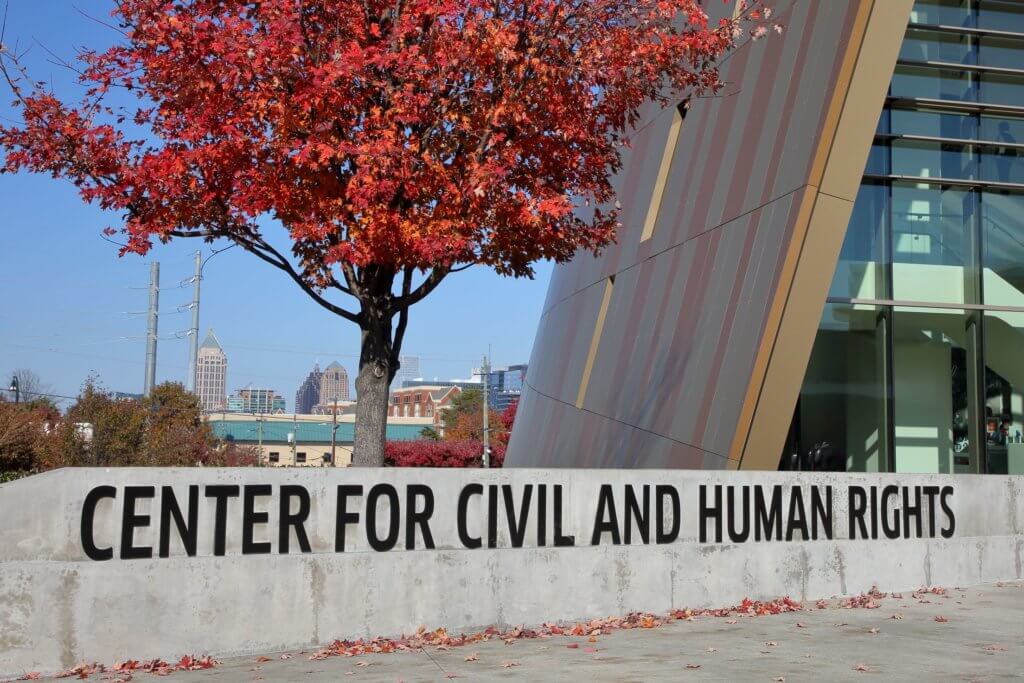WHAT DOES A CIVIL RIGHTS LAWYER DO?
Civil rights, as we know them today, were not initially a part of the United States Constitution. It took centuries of hard work before the United States guaranteed certain rights and liberties to all of its inhabitants. Civil rights attorneys played a significant role in American history, fighting to ensure the inherent rights of all Americans.
Civil rights lawyers are still at the forefront of ensuring that American citizens can freely exercise their rights by advocating on behalf of vulnerable communities, arguing consequential civil rights cases in court, and protecting their client’s civil liberties.
The History Of Civil Rights Lawyers
Civil rights lawyers have been defending civil rights since the Constitution was signed. Initially, “civil rights” explicitly meant that citizens (in that time, a white, landowning male) had the right to vote. As the nation matured, civil rights advocates began pushing for reforms.
The entire history of civil rights attorneys is too much to unpack in one article. Still, we’ve listed a few of the most significant moments in the history of civil rights lawyers below.
- 1883: U.S. Supreme Court hears Civil Rights Cases, 109 U.S. 3, a case comprised of five separate landmark human rights cases concerning the 13th and 14th Amendments as well as the Civil Rights Act of 1875. The Supreme Court ultimately decided the Civil Rights Act of 1875 was unconstitutional and allowed the continuation of segregation within the private sector.
- 1896: Plessy v. Ferguson. The courts ruled that “separate but equal” public facilities were constitutional and allowed the continuation of segregated public facilities.
- 1932: Powell v. Alabama. The Supreme court overturns the controversial convictions of 9 black boys charged with raping two white women due to an infringement of their right to counsel. The result of the case guaranteed legal counsel in state and federal courts for all defendants.
- 1954: Brown v. Board of Education. A monumental decision by the Supreme Court to reverse the Plessy v. Ferguson ruling and end legalized segregation in public schools.
- 1967: Loving v. Virginia. The Supreme Court rules that prohibiting interracial marriage is unconstitutional. The decision forced many states to end their policies banning interracial marriage.
- 2003: Grutter v. Bollinger. The court’s rule that affirmative action within education is constitutional so long as it was individualized and included a “holistic” approach to applicant review, encompassing more than just race.

Something that each of these cases has in common is that they were litigated by talented, passionate, and unrelenting civil rights lawyers who helped to push the needle forward.
Additionally, some civil rights lawyers went on to join the judicial branch and effect massive changes in the courtroom. The most notable example is Thurgood Marshall. Before he became a Supreme Court Justice, he was a civil rights lawyer. He argued 33 civil rights cases before the United States Supreme Court and won a resounding 29 of them.
The Role Of Civil Rights Lawyers
Understanding what a civil rights lawyer does can be confusing since they do so much. Generally, a civil rights attorney assists defendant in filing civil suits against individuals or institutions that have violated their rights.
In many cases, a “win” results in compensation for the plaintiffs and, sometimes, essential decisions and injunctions that affirm or limit fundamental rights. Civil rights attorneys are, among other things, responsible for:
- Investigating historical, legal, and constitutional data
- Interpreting civil rights laws, rulings, and case precedence
- Negotiating civil rights suit settlements
- Providing representation for clients in court
- Filing appeals when necessary
- Advocating for civil liberties and rights
Why Is It Important To Have A Civil Rights Lawyer?
Civil rights litigators have been an integral part of this country’s moral growth. The decisions made by the highest courts in the country, injunctions issued, and examples made have all been a result (at least in part) of tireless efforts on behalf of civil rights lawyers dedicated to their craft.

They have played a key role in changing government institutions like law enforcement agencies, schools, prisons, mental health institutions, housing authorities, etc. Understanding the Constitution, Bill of Rights, and other state and local laws concerning civil rights can be challenging without a professional’s help.
Litigating complex civil rights cases while representing yourself or being underrepresented is not recommended. If your rights have been violated in any way, it’s in your best interest to consult with a civil rights lawyer to discuss your case.
Contact Paul Padda Law Today
At Paul Padda Law, we fight for the rights of our clients. We understand the devastating effects that racism, sexism, and just about any other “ism” can have on you and your family. If you’ve been treated unjustly by a government institution or individual, you deserve justice.
Our Las Vegas civil rights lawyers are skilled, experienced, and passionate about pursuing justice on behalf of our clients. If you believe your civil liberties have been violated, contact the Paul Padda Law today at (702) 366-1888 for your free, initial consultation.
